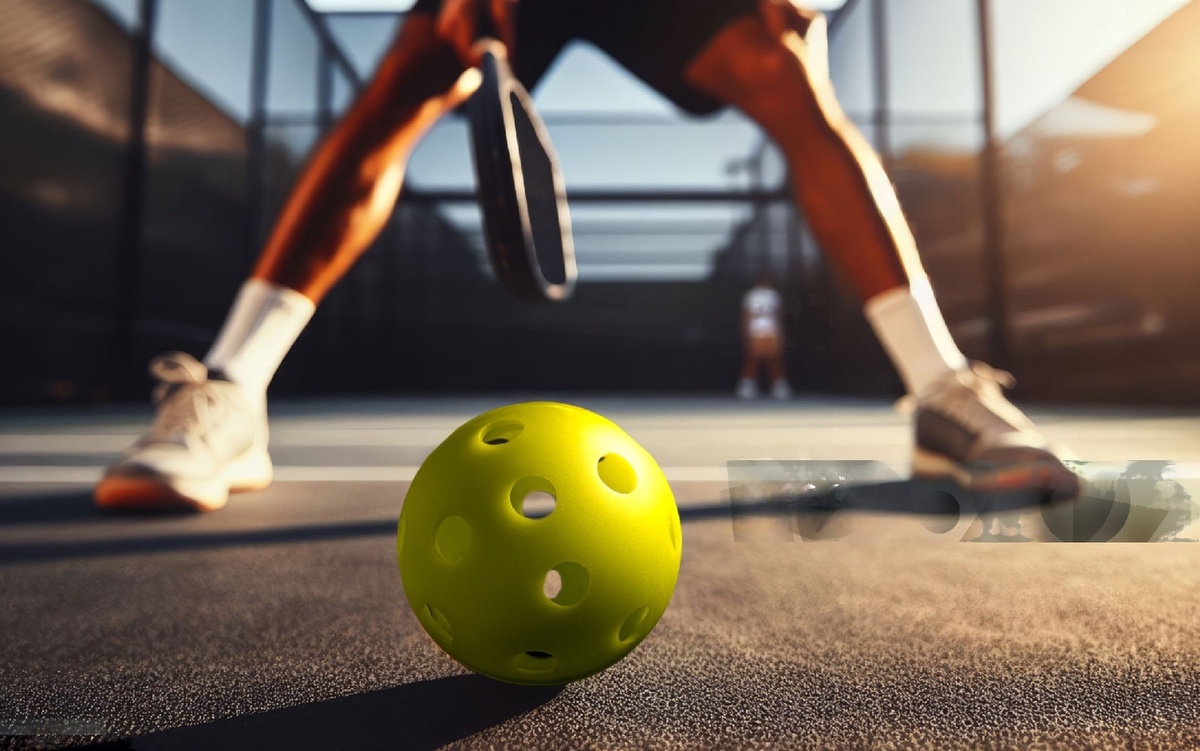In the vast landscape of sports, there's always room for something new, something exciting, something like pickleball. This hybrid game, combining elements of tennis, badminton, and ping-pong, has been gaining traction around the world, captivating players of all ages and skill levels. What started as a backyard pastime has now evolved into a competitive sport with a dedicated following. Let's dive into the world of Pickleplay Journal pickleball, exploring its origins, rules, and why it's become such a sensation.
Origins of Pickleball
Pickleball traces its roots back to the mid-20th century, specifically to Bainbridge Island, Washington, in 1965. It was here that Congressman Joel Pritchard, along with his friend Bill Bell, created the game to entertain their families one summer afternoon. Using makeshift equipment including ping-pong paddles and a perforated plastic ball, they set up a small court in Pritchard's backyard and began volleying over the net.
Legend has it that the game got its name from the Pritchard family's dog, Pickles, who would chase after the ball and hide it in the bushes. Hence, "pickleball" was born. From these humble beginnings, the game gradually gained popularity within the local community and beyond.
Rules of the Game
Pickleball is typically played on a badminton-sized court with a low net, making it accessible for players of all ages and abilities. The rules are relatively simple, yet the gameplay can be fast-paced and highly competitive.
1. Equipment: Players use solid paddles made of wood or composite materials to hit a perforated plastic ball over the net.
2. Scoring: Pickleball can be played in singles or doubles. Points are scored when the opposing team fails to return the ball within the boundaries of the court, or if they commit a fault.
3. Serve: The serving team must stand behind the baseline and hit the ball diagonally across the net. The serve must land within the opposing team's service court.
4. Volleying: Players are allowed to volley (hit the ball in the air without letting it bounce) but must be careful not to volley within the non-volley zone, also known as the "kitchen."
5. Faults: Common faults include hitting the ball out of bounds, volleying from within the kitchen, and stepping on or over the baseline during the serve.
While pickleball shares similarities with other racket sports, it has its own unique set of rules and strategies that keep players engaged and challenged.
Popularity Explosion
What sets pickleball apart from other sports is its widespread appeal. Unlike traditional racket sports which can be physically demanding, pickleball offers a more forgiving playing experience, making it accessible to a wider demographic. Its smaller court size and slower ball speed also reduce the risk of injury, making it an attractive option for older adults and those with mobility issues.
Moreover, pickleball's social aspect cannot be overstated. The game fosters camaraderie and sportsmanship, whether you're playing a friendly match with friends or competing in a tournament. Communities across the globe have embraced pickleball, with dedicated courts popping up in parks, recreation centers, and retirement communities.
In recent years, the sport has experienced a surge in popularity, fueled in part by the efforts of organizations like the USA Pickleball Association (USAPA) and the International Pickleball Federation (IFP). These governing bodies oversee tournaments, establish rules and regulations, and promote the sport on a global scale.
Health Benefits
Beyond its recreational appeal, pickleball offers a myriad of health benefits for participants. The game provides a full-body workout, improving cardiovascular health, strength, agility, and hand-eye coordination. It's also a great way to burn calories and stay active without putting undue stress on the joints.
Furthermore, pickleball promotes mental well-being by reducing stress and anxiety levels. The social aspect of the game encourages interaction and connection with others, combating feelings of loneliness and isolation.
Pickleball Tournaments and Competitions
Pickleball's rise in popularity has led to the proliferation of tournaments and competitions at local, national, and international levels. These events attract players from diverse backgrounds, ranging from casual enthusiasts to seasoned professionals.
The USAPA hosts an annual National Pickleball Championship, featuring various age divisions and skill levels. Additionally, the sport has gained recognition on the global stage, with the IFP organizing international tournaments and world championships.
One of the defining characteristics of pickleball tournaments is the sense of camaraderie and sportsmanship among competitors. Players often form lasting friendships with their opponents, regardless of the outcome of the match.
The Future of Pickleball
As pickleball continues to gain momentum, its future looks bright. The sport's inclusive nature and low barrier to entry make it well-suited for widespread adoption across different demographics. With advancements in equipment technology and increased media exposure, pickleball is poised to reach even greater heights in the years to come.
Moreover, pickleball's grassroots movement has led to the development of innovative programs and initiatives aimed at promoting the sport in schools, community centers, and recreation facilities. By introducing pickleball to a new generation of players, we ensure its longevity and relevance in the ever-evolving landscape of sports.
In conclusion, pickleball is more than just a game—it's a cultural phenomenon that brings people together, promotes active living, and celebrates the joy of play. Whether you're a seasoned pro or a curious newcomer, pickleball offers something for everyone. So grab a paddle, step onto the court, and join the pickleball revolution!


No comments yet